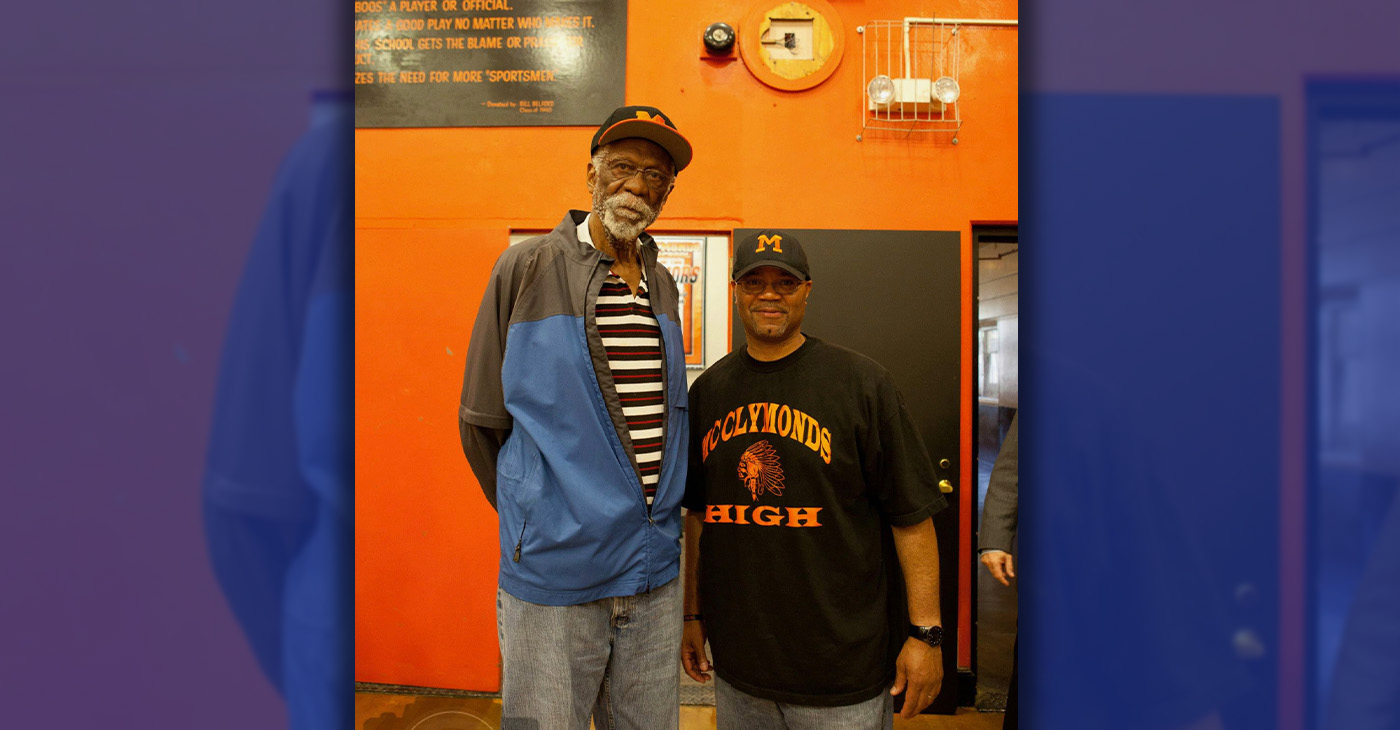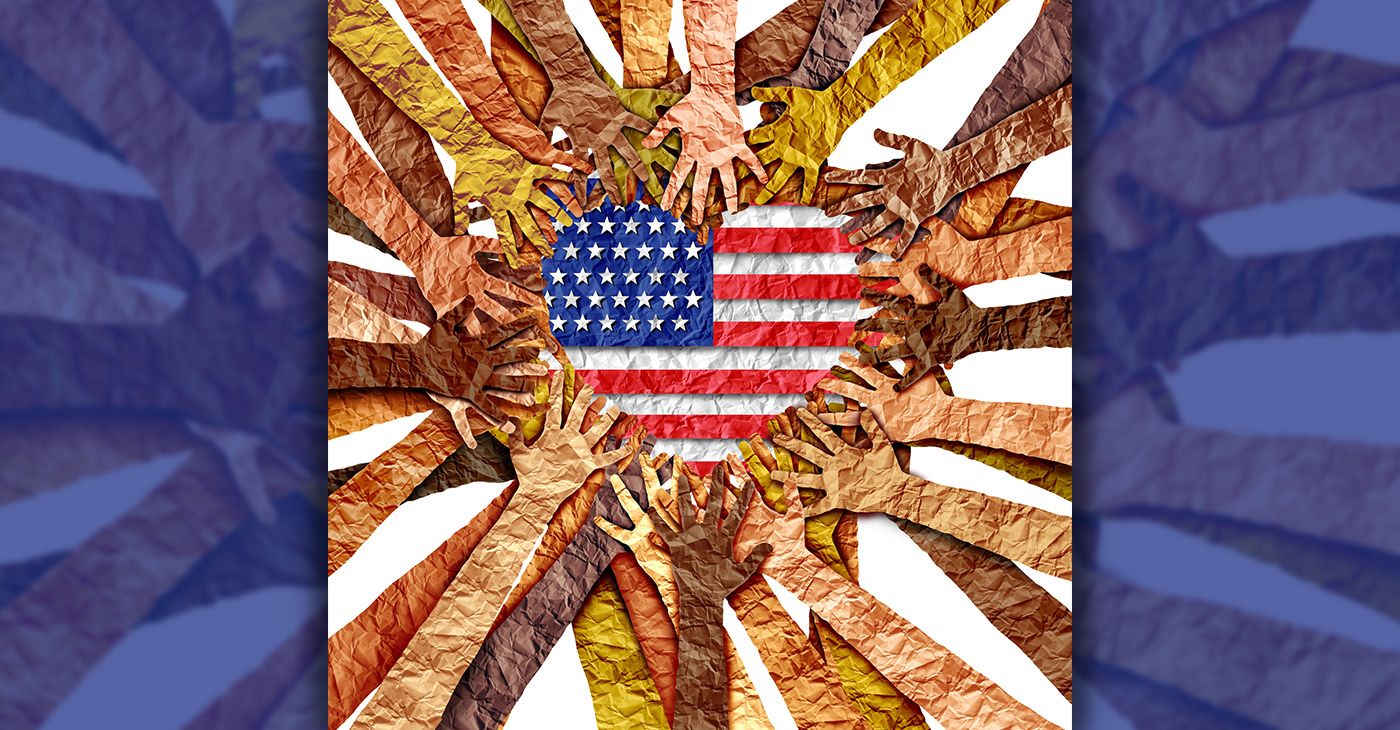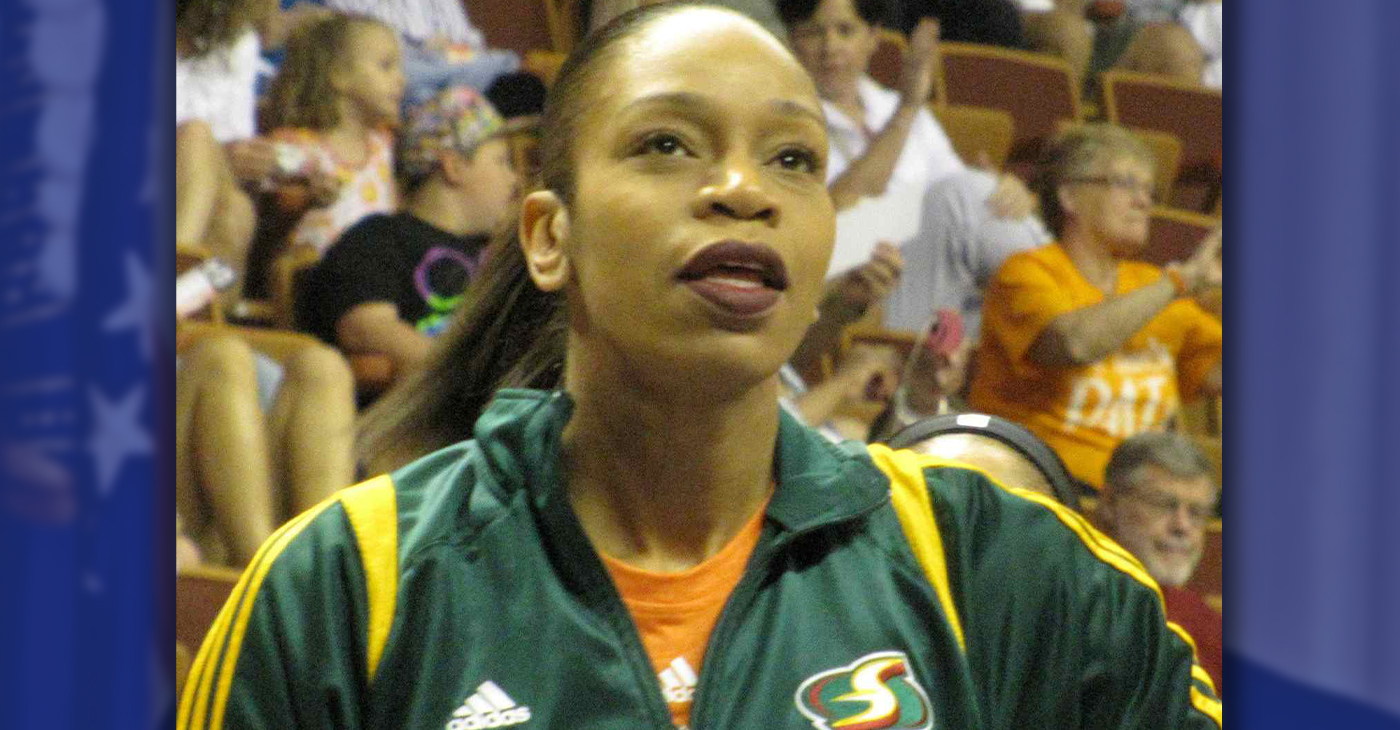Sports
Warriors Rally Past Rockets 110-106 in Game 1 of West Finals

Golden State Warriors guard Stephen Curry (30) shoots against Houston Rockets center Clint Capela (15) during the first half of Game 1 of the NBA basketball Western Conference finals in Oakland, Calif., Tuesday, May 19, 2015. (AP Photo/Tony Avelar)
ANTONIO GONZALEZ, AP Basketball Writer
OAKLAND, Calif. (AP) — Down big at home, the Golden State Warriors went small.
It turned out to make a huge difference.
Stephen Curry hit two free throws in the final seconds to finish with 34 points, and the Warriors rallied from a 16-point deficit in the second quarter to beat the Houston Rockets 110-106 on Tuesday night in Game 1 of the Western Conference finals.
With the Rockets seemingly ready to rout the home team, the Warriors used a smaller lineup featuring 6-foot-7 Draymond Green at center and closed the first half on a 21-4 run. Shaun Livingston scored 14 of his 18 points in the quarter, helping Golden State go ahead 58-55 at halftime.
The Warriors held off James Harden and Houston in the fourth quarter again behind their undersized lineup, which worked especially well after Rockets center Dwight Howard departed with a left knee injury.
“It really stretches people out,” Warriors coach Steve Kerr said of his lineup full of shooters. “Houston does the same thing. It was an interesting chess match, because they like to go small and we like to go small.”
Harden, the runner-up to Curry in the MVP voting, nearly brought the Rockets back without Howard in the fourth. Harden finished with 28 points, 11 rebounds, nine assists and four steals, but his late push fell short.
“You can’t give a really good shooting team easy layups and confidence,” said Harden, who shot 11 of 20 from the field. “That’s what we did in the second quarter.”
Game 2 is Thursday night in Oakland, and it’s unclear if Howard can play. Howard doesn’t think the injury will sideline him for the series.
“Hopefully Dwight is healthy and we can play big,” Rockets coach Kevin McHale said. “We didn’t have that option with Dwight out.”
Harden, serenaded with chants of “Over-rated!” from Warriors fans, mixed in a series of step-back jumpers and driving layups to help Houston even the score at 95-all midway through the fourth.
But the Warriors shut down Houston for long stretches, and Curry kept hitting shots to match Harden’s brilliance. Curry connected on a 3-pointer and converted a layup to put Golden State up 108-97 with 2:01 remaining.
“It’s entertaining basketball. We’re both supposed to help our team win and do what we can to impact the game,” said Curry, whose 2-year-old daughter Riley, playfully interrupted him during his postgame news conference.
The Rockets never relented, though, with Trevor Ariza making a 3-pointer that trimmed the Warriors’ lead to 108-106 with 14.6 seconds to play.
Curry twice caught the inbounds pass, and the Rockets were forced to foul him both times. He hit both free throws to seal Golden State’s win.
“When we go small, it’s not necessarily small. We have guys out there that can guard multiple positions,” Livingston said. “From there, it’s just feeding off our crowd.”
Curry added six rebounds and five assists, and Green had 13 points, 12 rebounds and eight assists to boost the Warriors when they needed it most.
Ariza scored 20 points and Josh Smith had 17 points and seven rebounds for the Rockets.
In the conference finals for the first time since 1976, the Warriors hardly looked like the league’s top-seeded team at the outset. Instead, the Rockets rode the momentum from a stunning 3-1 series comeback against the Los Angeles Clippers that ended with a Game 7 win in Houston on Sunday.
The only setback to Houston’s hot start came when Howard briefly left in the first quarter after colliding with Smith. Howard returned after a few minutes, and the Rockets raced out to a 49-33 lead midway through the second quarter that left the home fans stunned and silent.
That didn’t last long.
With Andrew Bogut in foul trouble and the Rockets rolling on both ends, the Warriors put Green — the runner-up for NBA Defensive Player of the Year — at center and spread the court with shooters.
Green helped get stops, Livingston scored 14 points in the quarter and Curry capped the spurt with a step-back 20-footer that sent the crowd roaring even louder. Fans later broke out in chants of “M-V-P!” as the Warriors sprinted to the locker room with a 58-55 lead.
They never trailed again.
“When you try to keep your big in against our small lineup,” Green said. “It’s rough.”
TIP-INS
Rockets: Houston is 0-5 against the Warriors this season. … The Rockets haven’t won at Golden State since Dec. 13, 2013.
Warriors: Golden State is 44-3 at home this season, including 5-1 in the playoffs. … The Warriors are 17-14 this season when trailing by at least 10 points.
CAPTAIN’S HANDSHAKE
The Rockets sent out seldom-used reserve Nick Johnson for the captain’s handshake with Curry, who was caught by cameras walking away and shaking his head, which created a stir on social media. Rockets captain Patrick Beverley is out with a left wrist injury and hasn’t been handling the ritual handshake in the playoffs.
DUELING BOXERS
Undefeated boxer Floyd Mayweather Jr., who was booed by fans during Game 5 of the Grizzlies-Warriors series in Oakland, watched from a courtside seat. Also sitting among the crowd was boxer and Bay Area native Andre Ward, who was cheered loudly when shown on the videoboards.
___
Antonio Gonzalez can be reached at: www.twitter.com/agonzalezAP
Copyright 2015 The Associated Press. All rights reserved. This material may not be published, broadcast, rewritten or redistributed.
Activism
McClymonds High Names School Gym for Star Graduate, Basketball Legend Bill Russell
William “Bill” Felton Russell was born on Feb. 12, 1934, and died on July 31, 2022. He achieved fame as a U.S. professional basketball player who played center for the Boston Celtics of the National Basketball Association (NBA) from 1956 to 1969. He was the centerpiece of the Celtics dynasty that won 11 NBA championships during his 13-year career.

By Ken Epstein
West Oakland’s McClymonds High School, “the School of Champions,” this week named the school’s gymnasium in honor of one of its most famous graduates, basketball legend Bill Russell (class of ’52).
William “Bill” Felton Russell was born on Feb. 12, 1934, and died on July 31, 2022. He achieved fame as a U.S. professional basketball player who played center for the Boston Celtics of the National Basketball Association (NBA) from 1956 to 1969. He was the centerpiece of the Celtics dynasty that won 11 NBA championships during his 13-year career.
Russell is widely known as one of the greatest basketball players of all time. In 2011, he received the Presidential Medal of Freedom, the country’s highest civil honor, from President Barack Obama for Russell’s contributions to basketball and the Civil Rights Movement.
The McClymonds’ naming ceremony was held on Wednesday, the same day as Russell’s birthday. Oakland leader Bill Patterson, a longtime friend of Russell’s, was scheduled to cut the ribbon at the reopening of the gym, which had been closed for several months for renovation. Russell’s daughter Karen was scheduled to attend the ribbon cutting.
Russell’s name and signature are now printed on the gymnasium floor.
Patterson was working at DeFremery Park when he met Russell. “I befriended him as a boy and during his years at University of San Francisco” said Patterson. “We stayed friends for the rest of his life.”
Said McClymonds Principal Darielle Davis, herself a McClymonds graduate, “We are excited to honor Bill Russell for his sports accolades and because he broke color barriers. He is part of our legacy, and legacy is really important at McClymonds.”
Brian McGhee, community schools manager at McClymonds and former football player at UC Berkeley, said that Russell meant a lot to him and others at the school. “He was a beacon of light and hope for West Oakland,” he said. “He did a lot for sports and for civil rights.”
Starting in 2018, Ben “Coach” Tapscott worked with Patterson and other McClymonds grads, community members, and former coaches to encourage the Oakland Board of Education to endorse the naming of the school gym, which finally happened recently.
“We worked hard to make this happen,” said Tapscott. “He’s an important part of McClymond’s history, along with a lot of other famous graduates,” he said.
Activism
OPINION: Politics, Football and Identity in Trump’s America
If you haven’t noticed, all Americans are engaged in an even bigger game that means so much more than the Super Bowl. Our democracy is falling apart.

By Emil Guillermo
Two Filipino American stories made headlines recently.
First, Nikko Remigio, the Filipino and African American kick returner for the Kansas City Chiefs, did not win Super Bowl LIX.
The other, Alameda’s Rob Bonta said no to running for governor. I don’t blame him. It’s not like a mass of people wanted him to run.
But I did.
Whenever there is a Filipino American in a place you don’t expect, I’m rooting for that person.
As California’s Attorney General, Bonta is probably the most active defender among Blue States pushing back against Trump’s Extreme-Right agenda.
I’d like to Bonta run for California’s top job, but he’s better off waiting in line. The Democrats need a spot for Kamala Harris, and Bonta not running obliges the hierarchy.
History can wait. Bonta’s just 52.
Harris has held off speculation of her next move, saying she just moved back to the state. But it seems governor is the path for her.
For now, Bonta needs to continue taking the fight to Trump in the courts.
Football and Identity Politics
My dad, whose birthday would have been Super Bowl weekend, came to the US in 1928 as a colonized Filipino, an “American National,” where he couldn’t be a citizen, vote, own property or even marry the person he wanted.
Not if they were White.
Still, he believed in America. He never gave up.
Sort of like Nikko Remigio.
My dad would have loved Nikko.
If you haven’t noticed, all Americans are engaged in an even bigger game that means so much more than the Super Bowl. Our democracy is falling apart.
You want to get passionate about Eagles and Chiefs?
Let’s be passionate about our Founding Fathers, too.
Nikko didn’t change the game. He touched it three times and provided more yards than all of KC’s running backs.
That’s all I needed to see.
He’s our Filipino guy.
Detractors may call it “identity politics.”
People don’t seem to understand the fight for visibility. To be recognized. To be seen. It’s all wrapped up in the big idea of Civil Rights.
I was nowhere near as good as Nikko when I played. But when you are blessed to play football, you play your hardest.
For me, that was when I was 12 and 13 playing Pop Warner football in San Francisco. I was MVP for my team as a running back.
But I was ashamed of my dad. He wasn’t like the other dads. And I remember going to the team banquet to retrieve my trophy alone.
I didn’t realize it probably meant more to him than I thought.
I wish I had shared my MVP moment with him like Nikko shared his joy with his dad, Mark, born in Seattle to two Filipino immigrants, and his mom, whose mixture of Black and White made Nikko the picture of diversity.
Filipino American and Black and White at the Super Bowl.
But don’t forget, there is one game bigger.
The Super Bowl for Democracy. We’re battling for it every day Trump pushes a cockamamie idea that shakes the foundation of our Democracy.
About the Author
Emil Guillermo is an award-winning journalist and commentator. Watch his micro-talk show “Emil Amok’s Takeout/What Does an Asian American Think?” on www.YouTube.com/emilamok1 Or join him on http://www.patreon.com/emilamok
Bay Area
Tina Thompson: Champion, Legend, and Pioneer of Women’s Basketball
Known for her signature red lipstick, Thompson displayed confidence and style on the court, becoming an icon both for her gameplay and her individuality. Her ability to score from anywhere on the floor, combined with her defensive prowess, made her one of the league’s most formidable players.

By Tamara Shiloh
The establishment of the Women’s National Basketball Association (WNBA) in 1996 was a turning point for women’s sports, creating a professional platform for female basketball players to showcase their skills at the highest level. Among the trailblazers who helped launch the league, Tina Thompson stands out as the first African American woman drafted into the WNBA.
Tina Thompson was born on February 10, 1975, in Los Angeles, California. Raised in a basketball-loving household, she quickly developed a passion for the game. Thompson improved her skills on the playgrounds of South Central Los Angeles, often playing against boys, which toughened her game and fueled her competitive edge.
She attended the University of Southern California (USC), where she became a standout player for the Trojans. Known for her versatility, scoring ability, and relentless work ethic, she earned All-Pac-10 honors multiple times and cemented her reputation as one of the top collegiate players in the nation.
When the WNBA held its first-ever draft on April 28, 1997, Tina Thompson made history as the league’s first African American player to be drafted. Selected as the first overall pick by the Houston Comets, she joined a team that would go on to dominate the early years of the WNBA.
Tina’s selection was a historic moment, symbolizing the league’s commitment to showcasing diverse talent. As a Black woman in a pioneering role, Thompson carried the hopes of aspiring African American female athletes who dreamed of playing professional basketball.
Tina wasted no time making an impact in the WNBA. As a key member of the Houston Comets alongside legends Cynthia Cooper and Sheryl Swoopes, she helped lead the team to an unprecedented four consecutive championships from 1997 to 2000. The Comets’ dynasty became the gold standard for excellence in the league’s early years.
Known for her signature red lipstick, Thompson displayed confidence and style on the court, becoming an icon both for her gameplay and her individuality. Her ability to score from anywhere on the floor, combined with her defensive prowess, made her one of the league’s most formidable players.
Over a career spanning 17 seasons, Tina established herself as one of the WNBA’s all-time greats. She retired as the league’s leading scorer, a record she held until it was broken by Diana Taurasi. She was a nine-time WNBA All-Star and was named to multiple All-WNBA teams, cementing her status as one of the sport’s legends.
In 2018, Thompson’s contributions to basketball were recognized with her induction into the Naismith Memorial Basketball Hall of Fame. The honor underscored her influence not just as a player, but as a trailblazer for African American women in sports.
After retiring from professional basketball, she transitioned into coaching, using her experience and knowledge to mentor young athletes. She has served as a head coach at the collegiate level, inspiring the next generation of players to pursue excellence both on and off the court.
As a role model and advocate, Thompson has consistently emphasized the importance of education, empowerment, and self-belief. Her story resonates with countless young women who see in her the embodiment of perseverance and success.
Tina Thompson is presently in her third season as an assistant coach at the University of Texas at Austin.
-

 #NNPA BlackPress4 weeks ago
#NNPA BlackPress4 weeks agoTarget Takes a Hit: $12.4 Billion Wiped Out as Boycotts Grow
-

 Activism4 weeks ago
Activism4 weeks agoUndocumented Workers Are Struggling to Feed Themselves. Slashed Budgets and New Immigration Policies Bring Fresh Challenges
-

 #NNPA BlackPress4 weeks ago
#NNPA BlackPress4 weeks agoBREAKING Groundbreaking Singer Angie Stone Dies in Car Accident at 63
-

 #NNPA BlackPress4 weeks ago
#NNPA BlackPress4 weeks agoNAACP Legend and Freedom Fighter Hazel Dukes Passes
-

 Arts and Culture4 weeks ago
Arts and Culture4 weeks agoBeverly Lorraine Greene: A Pioneering Architect and Symbol of Possibility and Progress
-

 #NNPA BlackPress4 weeks ago
#NNPA BlackPress4 weeks agoTrump Kicks the Ukrainian President Out of the White House
-

 #NNPA BlackPress4 weeks ago
#NNPA BlackPress4 weeks agoApple Shareholders Reject Effort to Dismantle DEI Initiatives, Approve $500 Billion U.S. Investment Plan
-

 Activism3 weeks ago
Activism3 weeks agoOakland Post: Week of March 5 – 11, 2025

























































